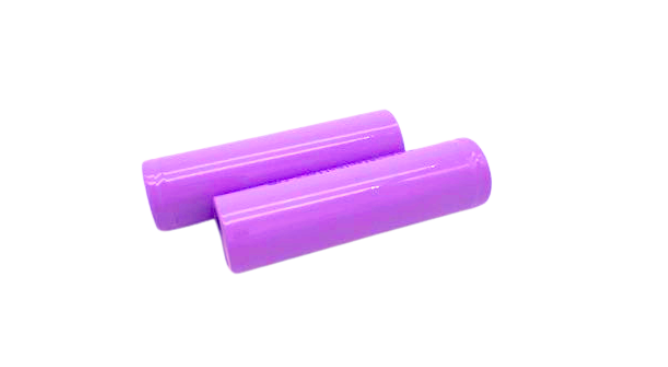What are the reasons for the performance degradation of 18650 lithium-ion batteries?
The electrolyte of lithium-ion batteries is different from other batteries. Generally speaking, the electrolyte is stable, but lithium-ion batteries are special. The formation of a passivation film on the anode is called the Solid Electrolyte Interface (SEI), whose main purpose is to separate the anode and cathode, but ions can still pass through. Thin films not only stabilize battery systems, but also extend the lifespan of lithium-ion batteries. However, they can have a certain impact on battery capacity because electrolyte oxidation occurs on the cathode, which permanently reduces battery capacity.
To prevent the membrane from becoming too strict, additives are mixed with the electrolyte consumed during the formation of the SEI layer. It is difficult to track their existence during evaluation. This makes additives, including their ingredients and usage amounts, become trade secrets. The additive is ethylene carbonate (VC), which increases the cycle life of lithium ions, especially in high-temperature environments. Depending on usage and lifespan, it has lower internal resistance.

For most commercial lithium-ion batteries, the SEI layer decomposes at a battery temperature of 75-90 ° C (167-194 ° F). The type and state of charge (SoC) of the battery can affect its breakdown at high temperatures. Without proper cooling, self heating behavior may occur, leading to thermal runaway. Laboratory tests on 18650 batteries indicate that this thermal event may take two days to complete. The flammability of lithium-ion electrolytes is also a problem. Experiments have been conducted to produce non flammable or reduced flammability electrolytes through additives or the development of non organic ionic liquids, and the regulation of lithium-ion at low temperatures has been studied.
The drying or slow transformation of liquid electrolytes into solid form is another aging event that reduces the performance of lithium ions. The fluidity of electrolytes is another health indicator related to all chemical substances in batteries, as
lithium-ion batteries will be scrapped when electrolytes are depleted.
